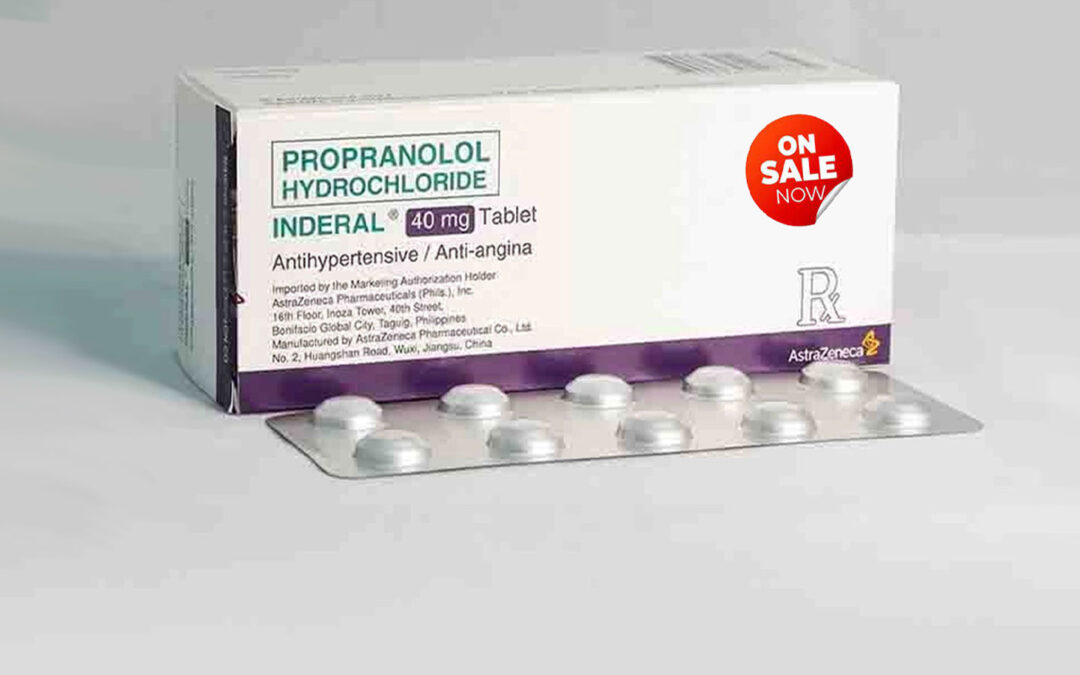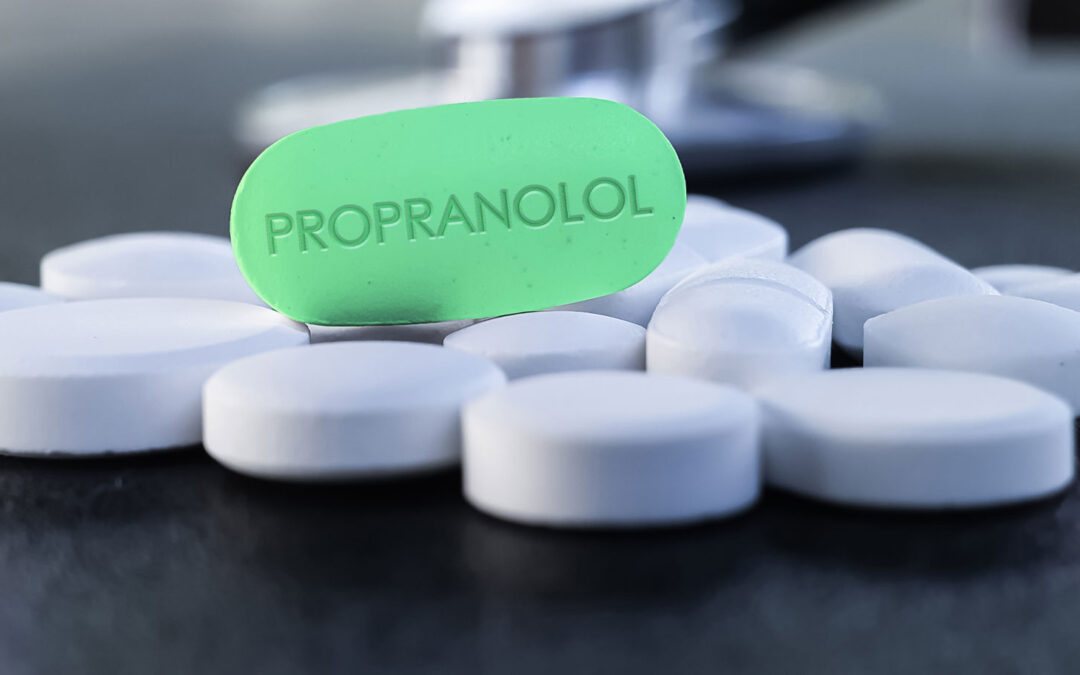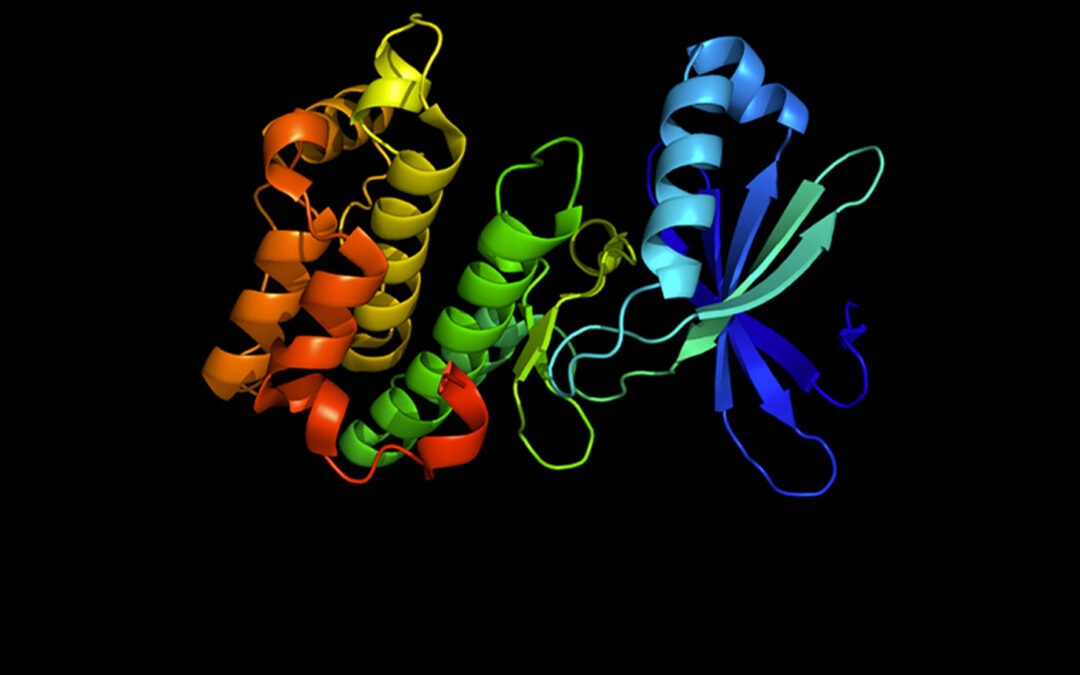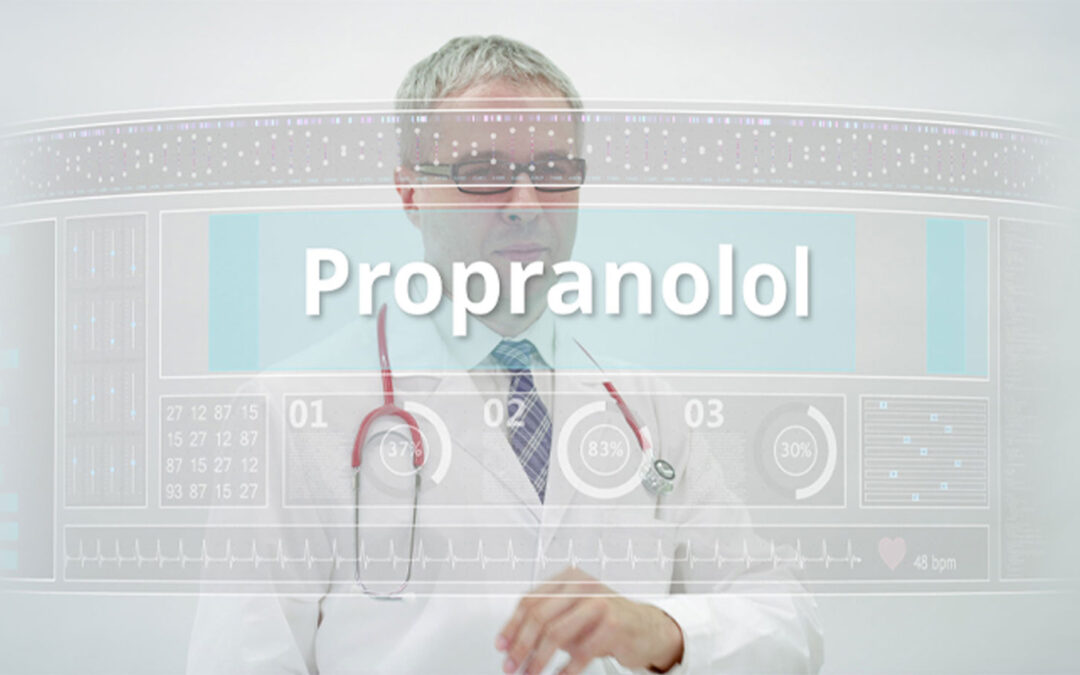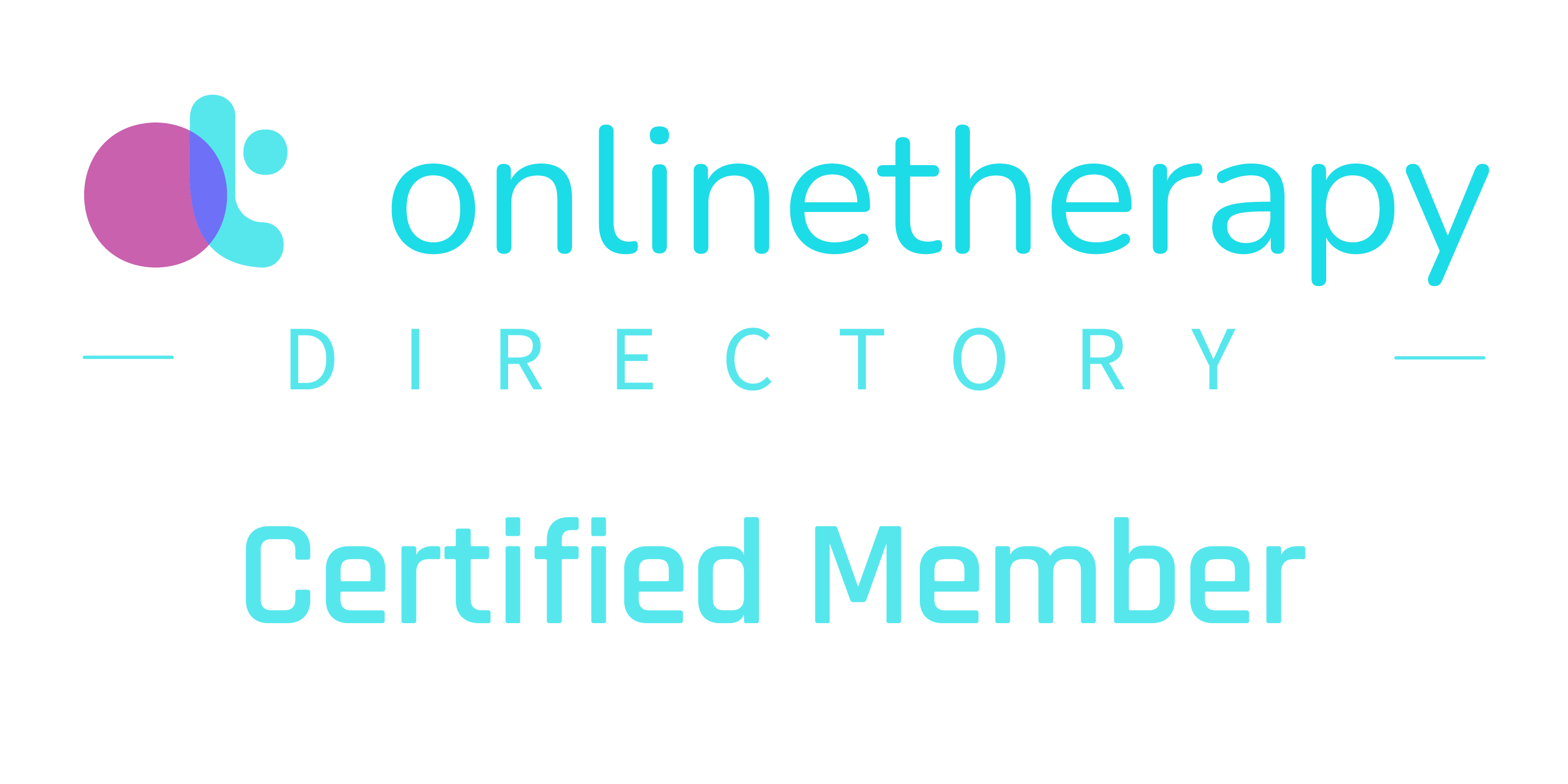Compassionate PTSD Therapy for Painful Trauma Recovery
Specializing in Trauma Reconsolidation Therapy and Trauma Informed care
PTSD Therapists for Expert Help with Trauma Recovery
Are you struggling with the aftermath of a traumatic event?
PTSD can have a profound impact on your life, making it difficult to move forward and find peace. But you don’t have to face it alone. Our PTSD therapist can provide you with the expert help and support you need to overcome the challenges of trauma recovery.
At Reconsolidation Therapy, we use a cutting-edge approach called reconsolidation therapy to help our clients overcome PTSD and other trauma-related issues. This therapy targets the emotional memory of the traumatic event, allowing you to process and resolve it in a way that brings you lasting relief.
If you’re ready to take the first step towards healing and reclaiming your life, book a session with our PTSD therapist today.
We’re here to help.
PTSD Propranolol Memory Reconsolidation Therapy is recognized by:
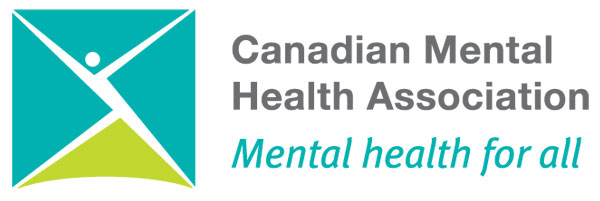
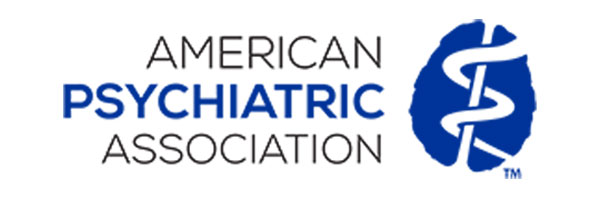



What is PTSD and how do I know if I have it?
When someone experiences a traumatic event, it can have a lasting impact on their mental and physical health. Post-traumatic stress disorder (PTSD) is a very common mental health condition that can develop after exposure to a traumatic event.
The event can be something that happened to the person directly, such as a car accident or a sexual assault. It can also be something that happened to someone close to them, such as the death of a loved one. People with PTSD may relive the event through flashbacks and nightmares, and they may avoid anything that reminds them of the trauma. They may also experience changes in their mood and behavior, such as feeling irritable or withdrawn.
PTSD is a Memory Disorder which can be treated within 4 weeks with Reconsolidation Therapy ™
Temporarily Calm Symptoms or Permanently Eliminate the Cause

Amazing recent discoveries in Neuroscience, trauma, memory and how PTSD is formed in the brain have provided a novel approach to therapy. Prior to these discoveries most therapy consisted of modalities with limited success and the vast majority had reoccurring symptoms after 6 months.
We are now fortunate enough to be offering Memory Reconsolidation with Propranolol after being certified by the worlds foremost researcher in PTSD & Trauma therapy.
Many therapists attempt to help clients temporarily relieve the symptoms of PTSD. We have decided to follow the neuroscience and treat the cause. Instead of treating the constant fires, we eliminate the cause of the fires in the first place.
If you found a virus on your computer had infected a
word document.
Would you constantly repair the file or use an antivirus protocol to remove the virus permanently from your computer?
Propranolol is the antivirus for PTSD.
Isn't Propranolol prescribed for anxiety?
Many doctors prescribe propranolol for anxiety. Our treatment is completely different is the best way to explain the comparison between the two usages. When a doctor prescribes propranolol for anxiety, it is used to only calm your symptoms during a moment of anxiety. When a certified reconsolidation therapist uses propranolol for PTSD Therapy, it is a specific protocol used to eliminate PTSD in 6 sessions and used ONLY during the therapeutic session. Here is an entire blog post on the differences.
What have we learned in 100 years of PTSD
and where we are NOW!
Nothing Can Be Done
- NAncient times:PTSD has likely existed for thousands of years. People with symptoms were often attributed to supernatural causes or viewed as weak or flawed.
- N19th century:The concept of traumatic memory begins to emerge in the medical literature, but treatment options were limited.
To Bad: Live With It
- NWorld War I:Psychological trauma was recognized as a result of war, but treatment options were limited to rest, distraction, and diversion.
- NWorld War 2:PTSD begins to be recognized as a result of war and other traumatic events, but it was still seen as a weakness or lack of character.
Calm The Symptoms
- N1960s-70s:Increased understanding of PTSD leads to the development of psychotherapy techniques to calm the symptoms, such as exposure therapy, cognitive-behavioral therapy, and eye movement desensitization and reprocessing (EMDR).
- NLate 1990s-early 2000s:Research on the neurobiology of memory leads to a deeper understanding of the mechanisms underlying PTSD, including the new idea that memories can be changed through a process called reconsolidation.
Permanently Eliminate the Cause
- N2000s-present:Advances in neuroscience and psychotherapy lead to the development of new treatments for PTSD, such as reconsolidation therapy with propranolol.
Over 60 forms of Therapy in the past 100 years

There were over 60 forms of therapy designed for mental health in the past century. All of these were under the mistaken assumption that it was impossible to change a memory. So the faulty premise was to provide the best tool: to live with, calm, regulate, control the symptoms.
Many of these therapeutic models developed earlier on had temporary results at best. Prior to 2005 the results were a 50/50 chance of success, with a 50/50 chance of a symptom relapse.
WHAT ARE THE DIFFERENT TYPES OF
therapy available for PTSD?
We don’t want to waste your time or ours when it comes to your treatment protocol. That is the reason why regardless of our training and certification in EMDR Therapy, CBT, Mindfulness, Psychodynamic Therapy, Somatic approaches, Emotional Freedom Technique, Rewind Technique and Internal Family Systems we have decided to develop this reconsolidation therapy protocol.
Over the past century, more than 60 therapeutic approaches have been devised for mental health issues, operating under the flawed belief that memories could not be altered. As a result, these therapies aimed to provide tools to cope with, alleviate, manage, and control symptoms rather than addressing their root cause.
Before 2005, the outcomes of these therapies were often temporary and unreliable, with only a 50% success rate and an equal chance of symptoms resurfacing.
That was until the Neuroscientist, Karim Nader, proved in 2000 that the FEAR component could be permanently removed from a memory. After the concept of memory, trauma & neurobiology was updated, PTSD & Trauma therapy has taken a new approach.

Karim Nader
Neuroscience researcher
Ten People Who Could Change The World
Karim Nader is a prominent researcher and professor at McGill University, known for his groundbreaking work in the field of neuroscience. With a PhD in Neurobiology and a focus on the study of memory and the brain, Nader has made numerous contributions to our understanding of how memories are formed and stored.
Nader’s major breakthrough occurred in 2000, when he challenged the widely accepted belief that memories, once established, remain permanent. He proposed a new and innovative theory that memories can be “reconsolidated” and altered, a concept that defied the long-held understanding in the field of neuroscience. This ground-breaking research has since revolutionized the way scientists view the formation and stability of memories.
His work has had a significant impact on the development of new treatments for memory disorders and has earned him numerous accolades and awards. In addition to his research, Nader is also highly respected as an educator and mentor, inspiring the next generation of scientists and making significant contributions to the field of neuroscience.
Traditionally, PTSD trained psychologists have focused on treating the symptoms of PTSD, such as anxiety, depression, and flashbacks, through therapy and other techniques.
However, a new protocol that aims to remove the cause of PTSD through Memory Reconsolidation may be perceived as a threat to these psychologists. They may feel that their expertise and the techniques they have been using are being questioned or replaced by a new approach. They may also feel concerned that their patients will no longer need their services if the cause of PTSD can be removed through memory reconsolidation.
This change may challenge their professional identity and cause them to question the relevance of their skills and knowledge in treating PTSD.
It is important to note, however, that the new protocol should be seen as complementary to traditional treatments and not as a replacement, as both approaches have their strengths and weaknesses, and a combination of both may lead to the most effective results for patients.
Treatments With the Highest Success Rate
Amazing recent discoveries in Neuroscience, trauma, memory and how PTSD is formed in the brain have provided a novel approach to therapy. Prior to these discoveries most therapy consisted of modalities with limited success and the vast majority had reoccurring symptoms after 6 months.
We are now fortunate enough to be trained in various forms of Memory Reconsolidation by the worlds foremost researchers in PTSD & Trauma therapy. We also have developed the most advanced approach in memory consolidation.
- 2015 Memory Reconsolidation (Propranolol) 92% success rate 92%
- 1990’s Prolonged Exposure Therapy 48% 48%
- 1980’s Cognitive Processing Therapy (CPT) 45% 45%
- 1990’s Eye Movement Desensitization and Reprocessing (EMDR) 45% 45%
- 1980’s Stress Inoculation Training 40% 40%
- 1900’s psychodynamic psychotherapy (PDT) 36% 36%
- 1960’s cognitive–behavioural therapy (CBT) 33% 33%
PROPRANOLOL THERAPY IS:
SAFE
SIMPLE
EFFECTIVE
POWERFUL
AFFORDABLE
EVIDENCE BASED
WHY
We use RECONSOLIDATION THERAPY FOR PTSD?
Reconsolidation therapy is the most powerful, evidence-based new treatment for post-traumatic stress disorder (PTSD). It is based on the principle of memory reconsolidation, which posits that when a memory is recalled, it becomes vulnerable to change. This is what is referred to as Neuroplasticity. This makes reconsolidation therapy an attractive treatment option for PTSD, as it offers the possibility of rewriting the traumatic memory and reducing and eliminates its negative impact.
PTSD Treatments with Propranolol Featured In…

Journal of Psychology and Neuroscience is an open access, peer-reviewed journal. Over 1200 trained doctors, psychiatrists, psychotherapists in the field of PTSD have been trained in Reconsolidation Therapy ™ using propranolol assisted PTSD therapy. The Journal of Psychology and Neuroscience in the peer reviewed scientific article “Impairing memory reconsolidation with propranolol in healthy and clinical samples: a meta-analysis”
Compared to placebo, reconsolidation impairment under propranolol resulted in reduced recall of aversive material and cue-elicited conditioned emotional responses in healthy adults, as evidenced by an effect size. Moreover, compared to placebo, reconsolidation impairment under propranolol alleviated psychiatric symptoms and reduced cue-elicited reactivity in clinical samples with posttraumatic stress disorder.
HOW
DOES THE BRAIN CAUSE PTSD SYMPTOMS?
SAFETY! Many people with PTSD have heard of the amygdala and the fight, flight or freeze response. The first thing to do is forget the amygdala! Evidence suggests that it is the thalamus that filters out irrelevant information and allows only relevant information to pass through the cortex. The thalamus is called the gateway to the mind because information must either pass through the brain stem or leave the cortex through the thalamus. It is a kind of bridge between the cerebral cortex and the rest of the body.
The amygdala, on the other hand, is solely responsible for responding to emotional information provided by the thalamic relay. Upon encountering a fear-inducing stimulus determined by the thalamic relay, the amygdala sends a “signal” to the rest of the brain, which triggers the release of adrenaline and other hormones to stimulate the body to respond.
WHY
RECONSOLIDATION THERAPY FOR PTSD?
This protocol is safe, simple and effective. It requires you to take a drug called Propranolol that is a beta blocker used for anti-Hypertension. The only potential clients who might not be able to take it are individuals with Diabetes, low blood pressure and Asthma. However, even if you have one of these diagnoses, there is flexibility where it will still be safe for you to use this protocol. Besides the intake and follow up sessions, there are only six treatment sessions which can be done in six weeks or less.
THE SCIENCE
PTSD Propranolol
Memory Reconsolidation Therapy
total cost
$1485
duration
4 – 8 weeks
success rate
*If you are in a financial situation where you currently can not afford please reach out to us for affordable options.*
*USA Charitable Donation Provided for Therapy*
FAQ’s
How do I know if I am ready for PTSD Treatment
Your Subtitle Goes Here
If you here, you are ready for PTSD treatment otherwise you wouldn’t be here. Many people with PTSD are not wanting to think about their trauma, and many never feel completely ready to start treatment.
Which PTSD treatments are most effective?
Your Subtitle Goes Here
Recent discoveries in Neuroscience have provided us new tools and approaches to PTSD treatment. We utilize Propranolol in our therapy. Scientific trials in memory and trauma recovery have provided us the most effective solution to your suffering.
How long is the treatment?
Your Subtitle Goes Here
Unlike traditional approaches to PTSD & Trauma, our approach is concluded within 8 sessions. This can be done weekly or twice a week. So within 1 month your PTSD can be greatly reduced or gone all together
What is the medication Propranolol?
Your Subtitle Goes Here
Will I need to talk in detail about my trauma?
Your Subtitle Goes Here
The therapy consists of activating the trauma during the first therapeutic session. This is done in order for the drug to disconnect your emotional component from the memory itself.
Will treatment remedy my PTSD?
Your Subtitle Goes Here
How will I know if treatment is helping?
Your Subtitle Goes Here
Can reconsolidation therapy help with other problems?
Your Subtitle Goes Here
Absolutely! Various mental health conditions that have painful emotional memories at their root can be helped. Such as: Depression, Adverse Childhood Experiences, Residential School survivors, grief, and adjustment disorders. Reconsolidation therapy can also help resolve various phobias you may be having.
Memory Reconsolidation Therapists
MEET our trauma-informed therapists certified in Reconsolidation therapy
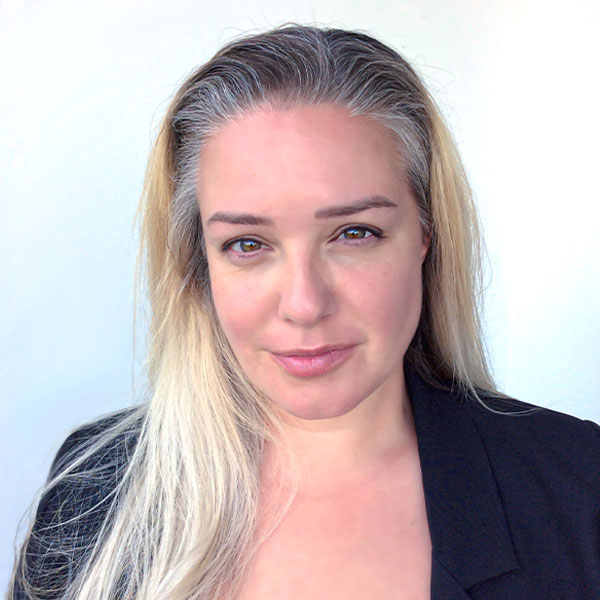
Meghan Laycock
Therapeutic Counsellor
PTSD Trauma Specialist
The Brunet Method™
We help people BE better not just feel better!
with Meghan
Intitial Visit $85
PTSD Propranolol Full Program $1485
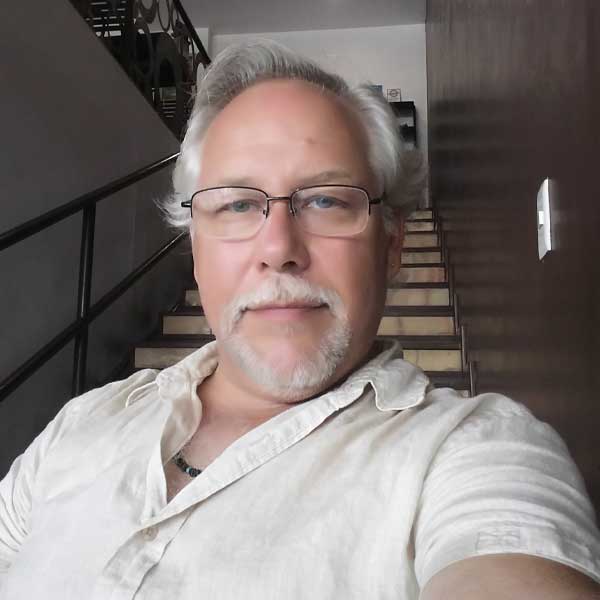
Tim Wheatley
Certified Hypnotherapist
The Brunet Method™
Providing Trauma-Informed care for over 20 years
with Tim
Intitial Visit $85
PTSD Propranolol Full Program $1485
our fees and insurance
Our professional services qualify for patient reimbursement under most insurance plans
As a Canadian Therapeutic Counsellor, my professional services qualify for patient reimbursement under the majority of Canadian insurance plans. Due to my commitment to confidentiality, I do not participate with any health insurance panels.
Depending on your health coverage, most plans allow you to apply for reimbursement using the billing statement I provide you. Services may be covered in full or in part by your health insurance or employee benefit plan.
Our coverage is not covered under American or other country coverages. However, in the U.S.A. the cost of treatments are covered by a 100% charitable donation receipt.
Therapist Specialist Trainings
Below are the various areas of training that we provide.
- Complex Trauma
- Challenging Therapy Cases
- Attachment Issues
- Chronic Relapse
- Substance Abuse
- Addiction (All Forms)
- Relationship Issues (Infidelity)
- Dissociative Disorders
- Sports Related Issues
- Impaired Professionals
- Adoption Related Issues
- Parent-Teen Conflict
- Career Stress
- Military Related Issues
- Sexual Trauma
- Post-Traumatic Stress Disorder
- Depression
- Anxiety
- Panic Attacks
- Anger
- Communication
- Covid PTSD
- Childhood Trauma
- Early Adversity
- Adverse Childhood Experiences (ACE’s)
Training & Certification
- ZIndigenous
- ZNeuroplasticity
- ZIndividual Counselling
- ZBlended Couples Therapy
- ZNLP Master Practitioner
- ZNeurofeedback
- ZMindfulness
- ZMeditation
- ZComplex Trauma
- ZLife Story
- ZEmotional Freedom Technique
- ZRewind Technique
- ZEMDR Therapy
- ZNeuroPsychology
- ZTrauma-Informed Hypnotherapy
- ZCore Belief
- ZEmotional Intelligence
- ZCBT
- ZPerson-Centred
- ZGestalt
- ZExistential
- ZAEDP
- ZACT
- ZPsychodrama
- ZTranspersonal
- ZSomatic approaches
- ZPrivate/Group Practice Coaching
- ZDissociative Disorders
- ZBlended Couples Therapy
- ZTelehealth Counselling
- ZPsychodynamic Therapy
- ZEMDR Therapy
- ZIndividual Counselling
- ZPrivate/Group Practice Coaching
- ZSpeaking Engagements
- ZInner child healing
- ZJournal Therapy
- ZShadow Work
- ZInner Convergence Therapy
- ZNeuroscience based coaching
- ZInternal Family Systems
- ZHoponono
- ZArt Therapy
- ZClearing Process
Treatment Stages
The PTSD therapy process is outlined below
Intake
Prescription
Sessions
Review
Other Services
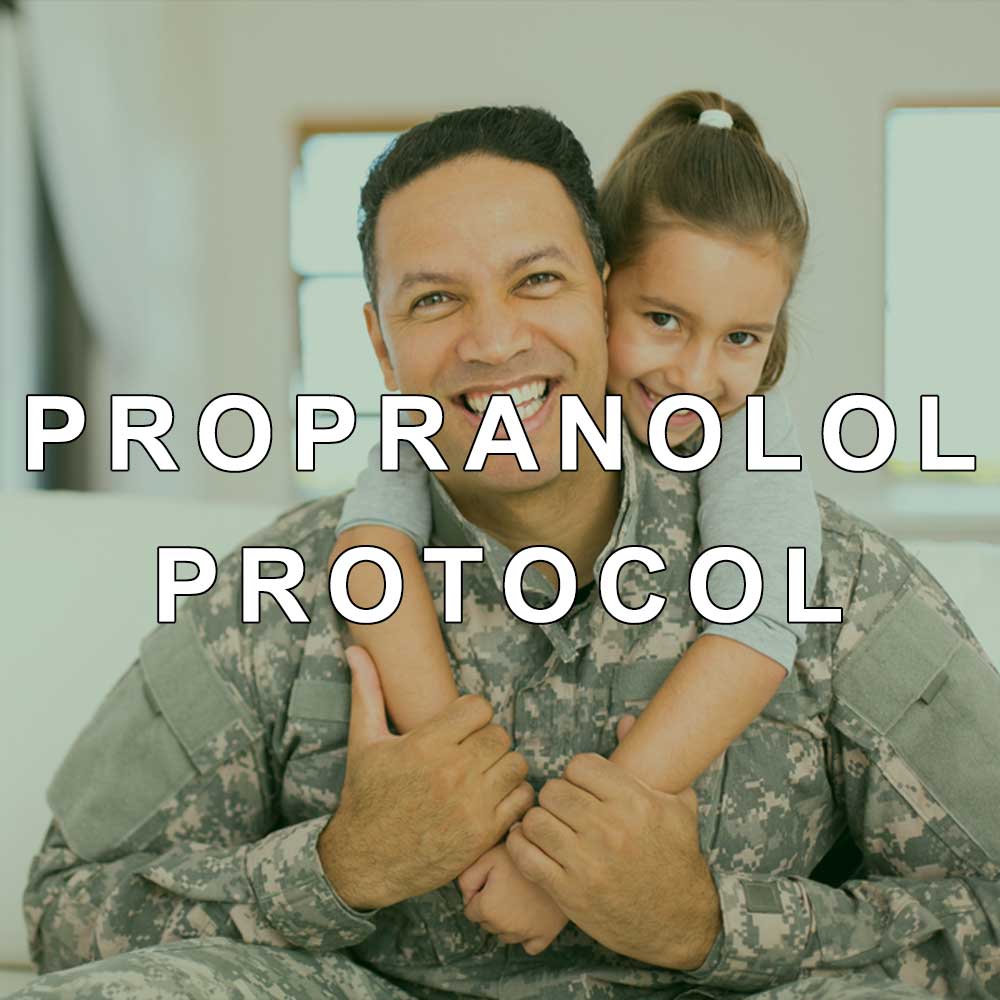
PTSD PROPRANOLOL PROTOCOL

Childhood Trauma

Individual Counselling



